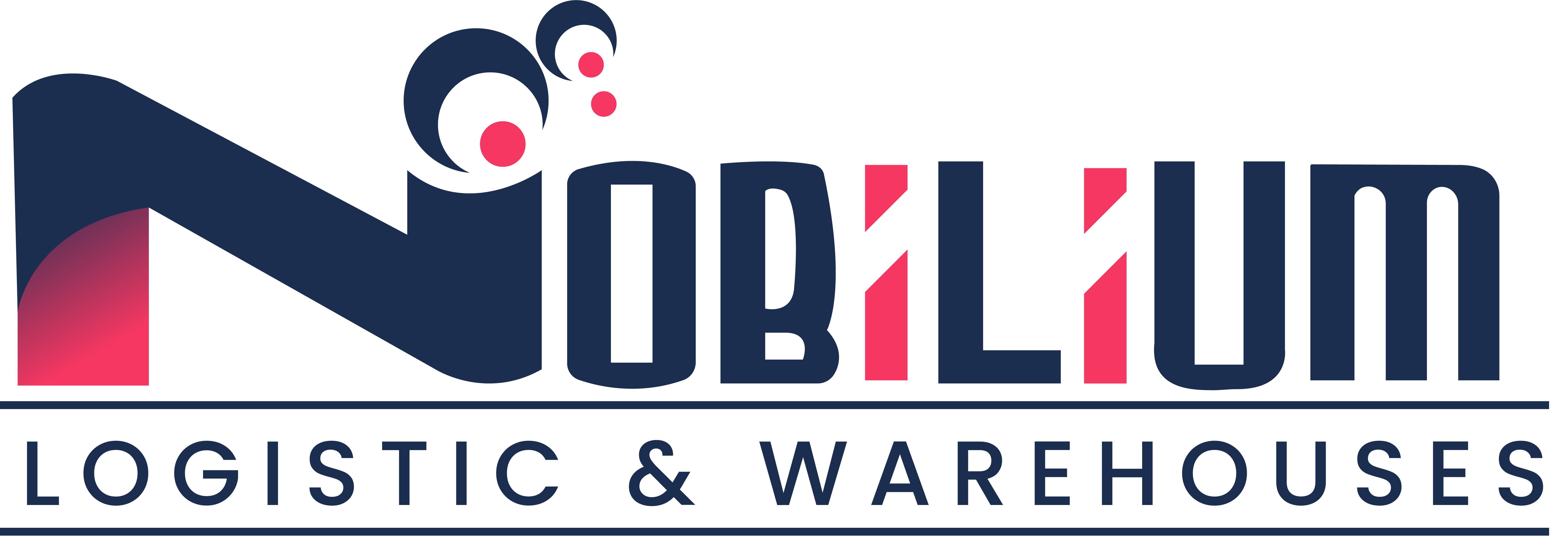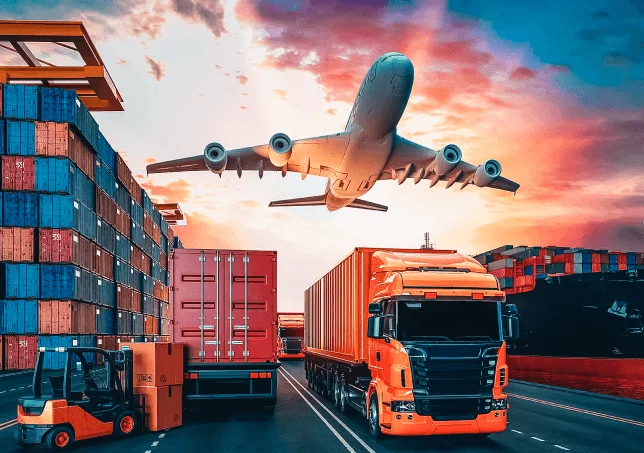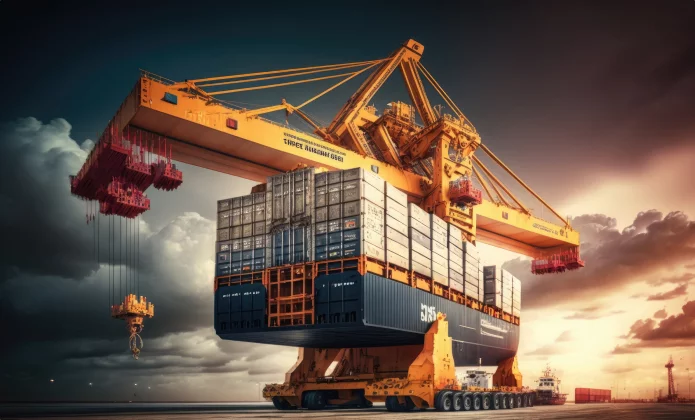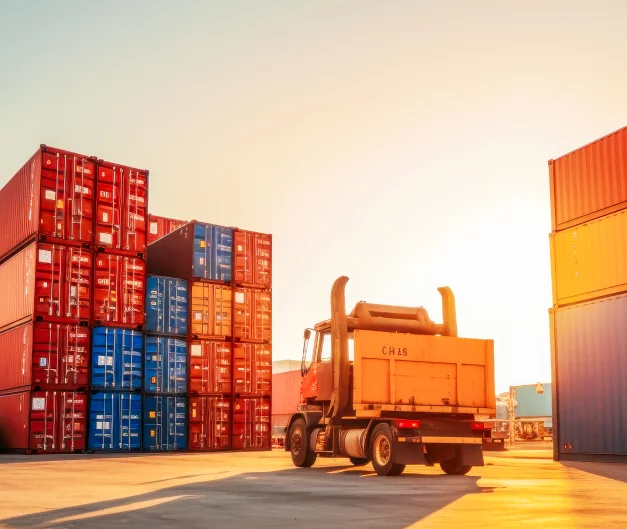
Global Logistics Industry Adopts Greener Transportation Practices
As the world becomes increasingly aware of the pressing need to combat climate change, industries across the globe are taking significant steps toward sustainability. The logistics sector, a vital component of global trade and commerce, is no exception. The adoption of greener transportation practices is reshaping the landscape of logistics, not only benefiting the environment but also enhancing operational efficiency and corporate reputation. Let’s explore how the global logistics industry is embracing sustainability through innovative practices and technologies.
“Sustainability is not just an option in logistics; it’s a responsibility that shapes the future of our planet and our industry.”
– Sarah Mitchell
The Push for Greener Logistics
The logistics industry is one of the largest contributors to carbon emissions, accounting for a significant portion of global greenhouse gas emissions. As governments and organizations around the world implement stricter environmental regulations, logistics companies are compelled to adopt greener practices. Here are some key drivers of this transition:
- Regulatory Compliance: Increasing government regulations aimed at reducing carbon emissions are pushing logistics companies to innovate and adopt sustainable practices to avoid penalties and ensure compliance.
- Consumer Demand: As awareness of environmental issues grows, consumers are increasingly seeking products and services from companies that prioritize sustainability. Logistics companies that adopt greener practices can gain a competitive advantage and improve their brand image.
- Cost Savings: Sustainable practices often lead to operational efficiencies and cost savings in the long run. Reducing fuel consumption, minimizing waste, and optimizing routes can lower expenses, benefiting both the environment and the bottom line.
Key Greener Transportation Practices
- Electrification of Fleets One of the most significant trends in green logistics is the transition to electric vehicles (EVs). Many logistics companies are investing in electric trucks and vans to reduce their carbon footprint. Electric vehicles produce zero tailpipe emissions and can significantly lower operating costs over time. Additionally, advancements in battery technology are making EVs more viable for long-haul transportation.
- Alternative Fuels Alongside electric vehicles, the logistics industry is exploring alternative fuels such as biodiesel, hydrogen, and compressed natural gas (CNG). These fuels emit fewer pollutants than traditional diesel, making them a cleaner option for transportation. Companies are increasingly integrating these alternatives into their fleets to promote sustainability.
- Optimized Route Planning Advanced technology and data analytics play a crucial role in optimizing transportation routes. By leveraging software that analyzes traffic patterns, weather conditions, and delivery schedules, logistics companies can minimize fuel consumption and reduce emissions. Efficient route planning not only saves costs but also decreases the environmental impact of transportation.
- Carbon Offsetting Many logistics companies are implementing carbon offset programs to balance out their emissions. This involves investing in projects that reduce or capture carbon emissions, such as reforestation, renewable energy, or energy efficiency initiatives. By offsetting their carbon footprint, companies can demonstrate their commitment to sustainability.
- Sustainable Packaging Reducing waste in the logistics chain extends beyond transportation to packaging. Companies are adopting sustainable packaging materials, such as biodegradable and recyclable options, to minimize their environmental impact. By optimizing packaging design, logistics providers can reduce the volume and weight of shipments, resulting in lower emissions during transport.
- Collaboration and Partnerships To achieve sustainability goals, logistics companies are collaborating with suppliers, customers, and other stakeholders. Partnerships focused on sharing resources, optimizing logistics networks, and implementing joint sustainability initiatives can enhance overall efficiency and effectiveness in reducing emissions.
The Future of Green Logistics
The shift toward greener transportation practices in the logistics industry is not just a trend; it represents a fundamental change in how goods are transported and delivered globally. As technology continues to advance, we can expect further innovations that will enhance sustainability in logistics. Here are a few potential future developments:
- Autonomous Electric Vehicles: The integration of autonomous driving technology with electric vehicles holds the promise of significantly reducing labor costs and improving fuel efficiency in logistics.
- Smart Logistics: The rise of the Internet of Things (IoT) and big data analytics will enable real-time tracking of shipments, helping logistics companies make data-driven decisions to optimize their operations and reduce their carbon footprint.
- Circular Economy Practices: As sustainability becomes a core principle, the logistics industry may increasingly adopt circular economy practices, focusing on reducing waste, reusing materials, and recycling to create a more sustainable supply chain.
Conclusion
The global logistics industry is taking bold steps toward greener transportation practices, embracing sustainability as a critical component of its operations. By adopting electric vehicles, alternative fuels, optimized routing, and sustainable packaging, logistics companies are not only reducing their environmental impact but also improving efficiency and enhancing their market position.
At Nobilium Logistics, we are committed to implementing sustainable practices in our operations, ensuring that we contribute to a greener future while delivering exceptional logistics solutions.







